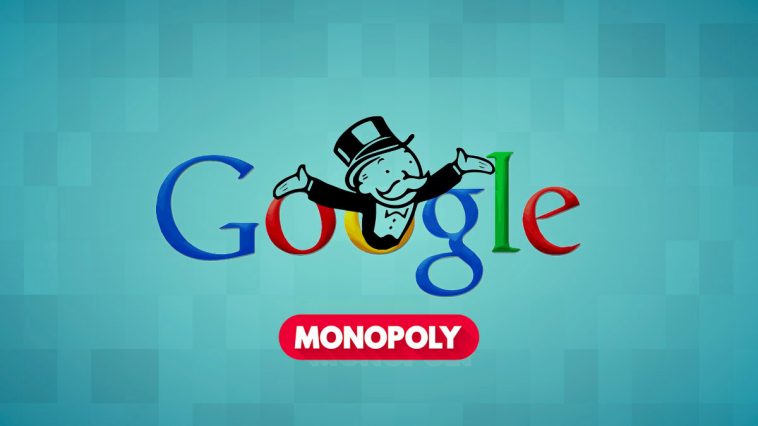Monopoly, at one point, were seen as acceptable methods of running a business
Monopoly with the idea that larger companies had greater resources at their disposal, enabling them to provide better services than their smaller competitors. In modern times, however, monopolies are looked upon with suspicion and regarded as anti-competitive and unhealthy for market economies. This is especially the case with Google and its growing monopoly of the web economy. In recent years, the company has strategically acquired, or created through its subsidiaries, key services across different sectors, and the growing dominance of Google has raised questions about the effect of its power on the web economy.
Google’s core search business has become a commanding presence in the web, with almost 70 percent of the global market share. This dominance has been leveraged by Google, who have made numerous acquisitions, such as YouTube and DoubleClick, as well as entering into partnerships with other large companies. Through these actions, Google has created a network of subsidiaries and partnerships which has enabled them to control much of the web economy.
Google’s most notable efforts to expand its influence in the web economy, however, have been through its acquisitions of other companies. Google acquired YouTube in 2006 for US$1.65 billion, and this move gave the company an almost unassailable presence in online video. Furthermore, the acquisition of Doubleclick in 2007 gave Google control over an important advertising technology. These acquisitions, along with other smaller deals, have enabled Google to gain a foothold in a number of sectors and enabled them to monetise the data generated by their users.
The growing monopoly of Google and its subsidiaries has raised concerns among industry experts, who have pointed to the dominance of the company in certain sectors, leading to anti-competitive behaviour. For example, the European Commission has fined Google a record €2.4 billion for abusing its dominant position in the online search market, and have also opened investigations into Google’s control of the online advertising market.
The increased power of Google has also given rise to questions of what this means for digital privacy. Google can track users’ data and behaviours across its different services, which has led to accusations that the company is taking advantage of its users’ data to increase its profits. Furthermore, Google’s control over the online advertising market has enabled it to manipulate the prices of ads, as well as to favour its own services in its product listings.
Concerns around the growing monopoly of Google in the web economy are well-founded, as the company’s power over its users and the services they use is increasing. The potential anti-competitive behaviour of Google, and the potential violation of digital privacy, are real threats to the vitality of the web economy, and the monopoly of Google needs to be addressed in order to preserve competition, innovation, and consumer rights.




